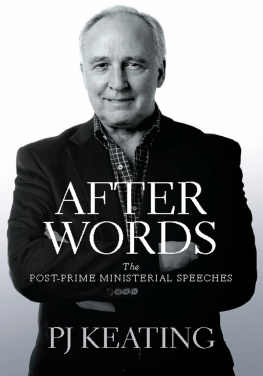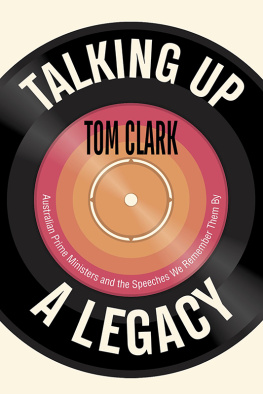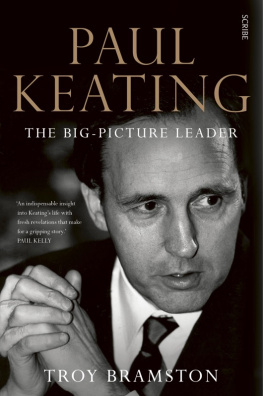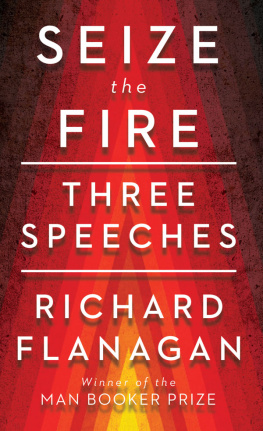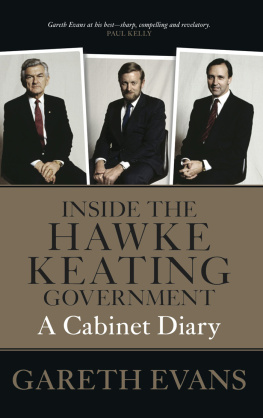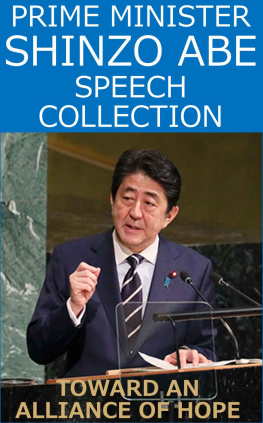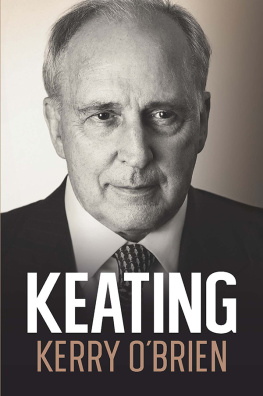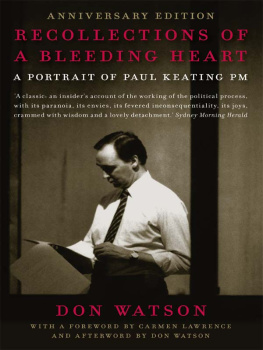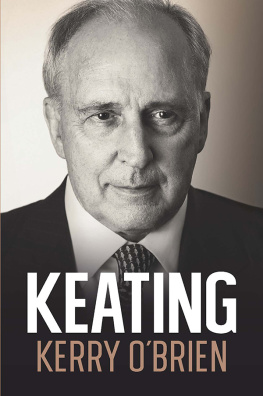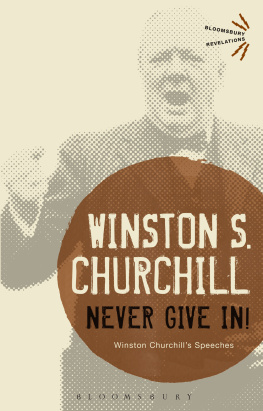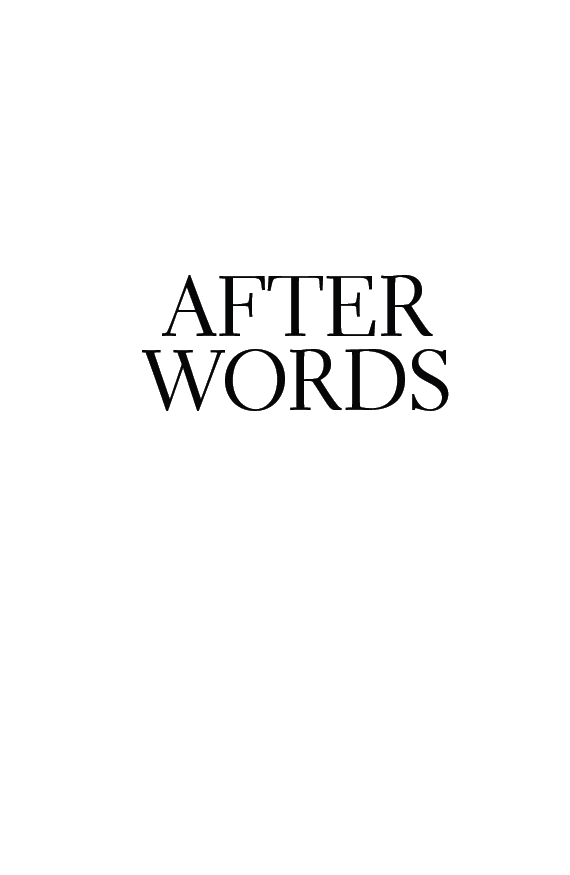First published in 2011
Copyright Paul Keating 2011
All rights reserved. No part of this book may be reproduced or transmitted in any form or by any means, electronic or mechanical, including photocopying, recording or by any information storage and retrieval system, without prior permission in writing from the publisher. The Australian Copyright Act 1968 (the Act) allows a maximum of one chapter or 10 per cent of this book, whichever is the greater, to be photocopied by any educational institution for its educational purposes provided that the educational institution (or body that administers it) has given a remuneration notice to Copyright Agency Limited (CAL) under the Act.
Allen & Unwin
Sydney, Melbourne, Auckland, London
83 Alexander Street
Crows Nest NSW 2065
Australia
Phone: (61 2) 8425 0100
Fax: (61 2) 9906 2218
Email: info@allenandunwin.com
Web: www.allenandunwin.com
Cataloguing-in-Publication details are available from the National Library of Australia www.trove.nla.gov.au
ISBN 978 1 74237 759 9
ISBN 978 1 74237 923 4 (special edition)
Internal design by Lisa White
Index by Puddingburn
Set in 11.35/15.5 pt Electra LT by Bookhouse, Sydney
Printed and bound in Australia by Ligare Pty Ltd
10 9 8 7 6 5 4 3 2 1
ebook Production by Midland Typesetters Australia

FRIEDRICH SCHILLER, THE GERMAN PHILOSOPHER , said: if man is ever to solve the problems of politics in practice, he will have to approach it through the problem of the aesthetic, because it is only through beauty that man makes his way to freedom.
Romantic and idealistic as that view may seem to some, the thought is revelatory of the fact that the greater part of human aspiration has been informed by individual intuition and privately generated passions, more than it has through logic or scientific revelation. The moral basis of our public life, our social organisation, has come from within usby aspiration and by light, not by some process of logical deduction. Immanuel Kant referred to our inner impulses as the higher self, an unconscious search for truth, going deeply into ourselves to establish who we are and what we should be.
Beauty is about the quest for perfection or an ideal, and that quest has to begin with aesthetic imaginationsomething informed by conscience, carved by duty. Kant called it the inner command, the ethical construct one creates to guide one from within.
But we need tools to mine good intentions: inspirations, ones which await the creative spark, the source of all enlargement. Creativity is central to our progress and to all human endeavour.
Music provides the clue: unlike other forms of art, music is not representationalunlike the outcome of the sciences, it was never discoverable or awaiting discovery. A Mahler symphony did not exist before Mahler created it. E.T.A. Hoffman, a contemporary of Beethovens, famously said: music reveals to man an unknown realm, a world quite separate from the outer sensual world surrounding him, a world in which he leaves behind all feelings circumscribed by intellect in order to embrace the inexpressible.
This is not to turn our back on reason. Or to argue that modernism, with all its secular progress through education, industrialisation, communications, transport and the centralised state, has not spectacularly endowed the world as no other movement before it.
But a void exists between the drum-roll of mechanisation with its cumulative power of science and the haphazard, explosive power of creativity and passion. Science is forever trying to undress nature while the artistic impulse is to be wrapped in it.
While these approaches are differentperhaps often diametrically oppositethey inform related strands of thinking in ways that promote energy and vision.
This is what I have found when these forces are contemplated in tandem. When passion and reason vie with each other, the emerging inspiration is invariably deeper and of an altogether higher form. One is able to knit between them, bringing into existence an overarching unitya coherencewhich fidelity to the individual strands cannot provide.
In the world I have lived in, the world of politics, political economy and internationalism, the literature exists in abundance. But what is far from abundant are the frameworks for the intuitive resolution of complex problems which require multi-dimensional solutions.
But from where do we glean this extra dimensionality?
For me, it has always been from two sources: policy ambition in its own right and from imaginationthe dreaming. Policy ambition arising from Kants higher self, and imagination promoted by those reliable wellspringsmusic, poetry, art and architectureblending the whole into a creative flux.
This collection of speeches reflects many of those interests and impulseswhether it be Jrn Utzons Opera House or the imperative of liberal internationalism in foreign policy or Neoclassicism, the future of native title or the rise of China. Each is related in a wider construct which is part and parcel of the way I have viewed and thought about the world.
While the speeches are from the period after my prime ministerial life and period in government, the impulse in writing them came from the same framework and inclinations which informed my life in public office.
The speeches may be read individually or read together, subject to subject, idea to idea. Either way, a common thread informs them all. I trust this might be evident to the reader.
Paul Keating
FOLLOWING HIS DEPARTURE FROM PUBLIC office Paul Keating accepted public and private speaking invitations. This collection of speeches was given between 1996 and 2011; all were written by Paul Keating.
The original or delivery copies of these speeches are in the possession of the National Archives of Australia, along with dictation and handwritten draftsincluding written re-drafts of major addresses. Notes, sometimes underpinning extemporaneous speeches, also reside with the Archive, as do transcripts.
The speeches are reproduced here as they were given, except where Paul Keating thought occasional amplification around particular points added clarity and value. Transcripts of speeches delivered extemporaneously have been edited with attention to punctuation and grammar.
Paul Keatings lifelong interest in architecture and design encouraged the editor of Building a Masterpiece to invite him to launch her book in celebration of the fiftieth anniversary of Jrn Utzons nomination as winner of the NSW Opera House competition. Paul Keating sees Utzons Opera House as more art than architecture, describing the design as timeless, earthy and utopian. He claims Utzons creation is not simply the greatest building of the twentieth century but one of the greatest of all history.
WHATEVER WAS PEDESTRIAN ABOUT SYDNEY, and God knows so much has always been, we have always rejoiced in the extraordinary natural beauty of its harbour and its maritime environs.

